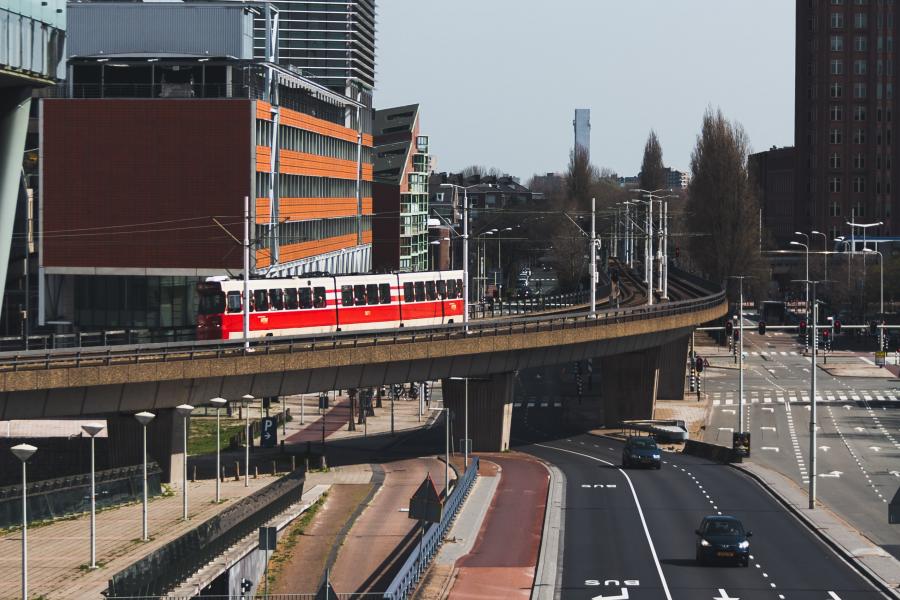Call for Papers: EWIS Workshop
Infrastructures are an insignia of modernity. They provide the architecture for the circulation of goods, utilities, resources, and they facilitate the connection of people, societies and places across the globe. Infrastructures are generating the conditions in which everyday life unfolds. They are both material—roads, ports, airports, telecommunication equipment—and virtual through practices of contracting, purchasing, design, regimes of labour, regulatory processes, and property ownership. Material and virtual infrastructures have underlined global expansion of capitalism and shaped power hierarchies and forms of domination in the world system. Infrastructures are, therefore, often contested. They are shaped by geopolitical and geo-economic competitions, often subject to (international) security considerations, or are themselves established to enhance security and to foster political control. International relations, trade, and war are often animated by infrastructures. Yet, infrastructures are relegated into the background of international politics and treated as mere technical means.
The deadline for submission is 13 January 2020. The workshop is part of the programm of the EISA European Workshops in International Studies (EWIS) from 1-4 July 2020 in Brussels.
Abstract submission details are available here: https://eisa-net.org/ewis-2020/abstract-submission/
This workshop takes the politics of infrastructures as a starting point to examine the construction of material and virtual infrastructures as ‘sites’ of geopolitical contestations. The workshop examines the intersection of infrastructure and international relations as they manifest at several levels of analysis, ranging from geopolitical contestation at the global level to regional scrambles and the everyday life of people involved in and affected by infrastructural developments. It aims to explore how infrastructures and logistics relate to both geopolitical power and commercial interests, by focusing on the relations between infrastructure and security relations in a global world order. It also examines how the entanglement of military and commercial interests created spatial materialization of uneven relations of power that are deeply conflictual and violent at times.
Attending to infrastructures allows for an in-depth understanding of power and social relations that have been consolidated within these often invisible but fundamental elements of control. We welcome contributions that examine the critical engagement with the ‘material turn’ in International Relations while stimulating cross-disciplinary exchange. Contributions can explore the relations between infrastructures (roads, channels, ports, airports, electricity and broadband cables, pipes, satellite networks, energy system, ICTs) and international relations from various disciplinary perspectives, such as International Relations, History, Anthropology, Geography, Communication Studies, and Political Economy. We welcome papers that examine various world regions—including comparative or singe case studies—that address the intersections between infrastructures and international relations. Contribution can include, without being limited to:
• the history and theorisation of infrastructures and logistics; that is how infrastructures shape international relations and vice versa.
• how infrastructures are shaped by geopolitical and economic interests entrenched in international power dynamics.
• how infrastructures are governed, that is how the seemingly ever-increasing connectivity, velocity of flows and the management of logistics affect political authority and arrangements of governance.
• the utilisation and selectivity of infrastructures; that is how mobility and immobility are organised, who is entitled to make use of it, and who is hindered and excluded?
• how infrastructures are securitized in the context of international relations.
Jutta Bakonyi, Durham University, e-mail: jutta.bakonyi@durham.ac.uk
May Darwich, University of Birmingham, email: m.darwich@bham.ac.uk, may.darwich@durham.ac.uk


